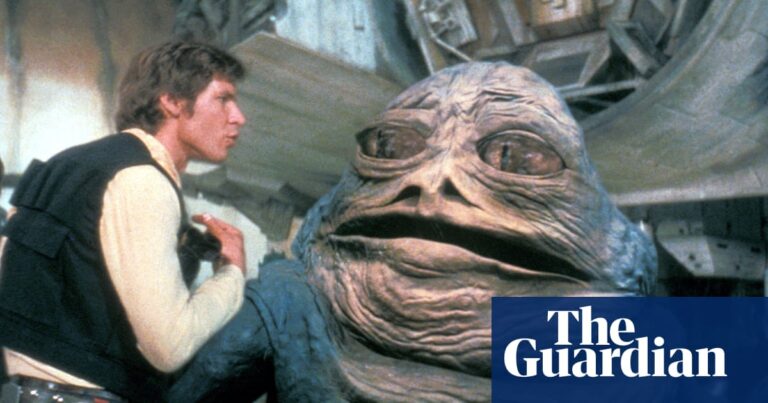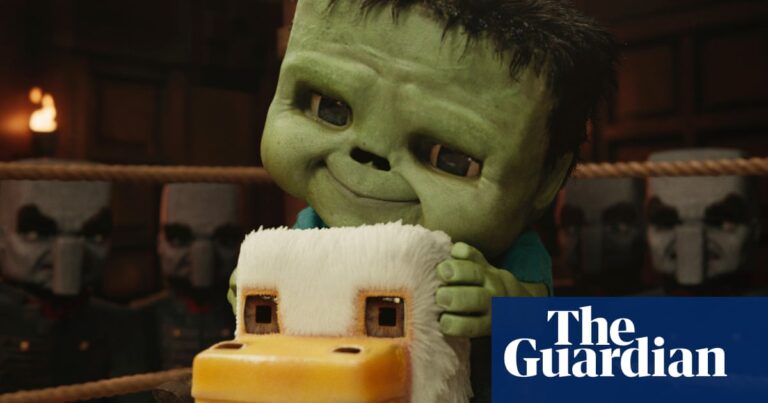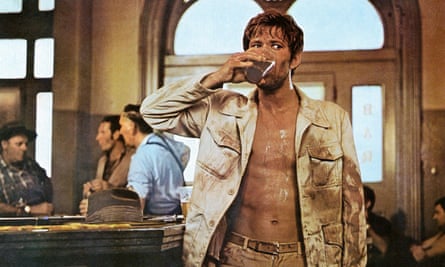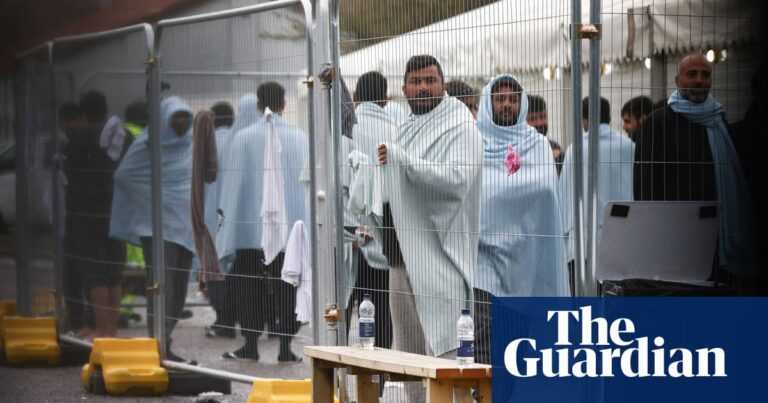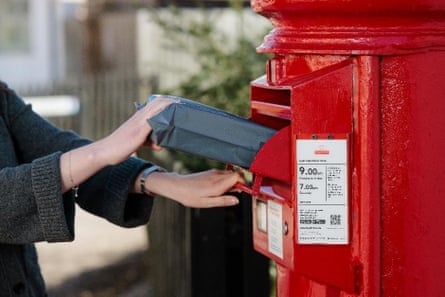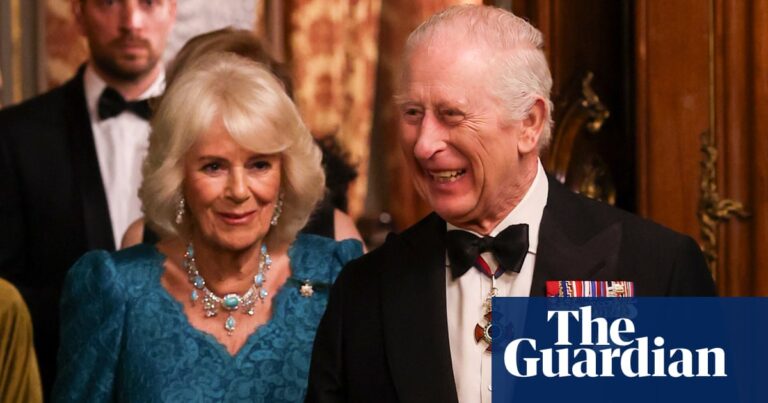
It’s a fact of life: eventually, we all grow up. Our priorities shift; habits molt or harden; the tastes that seemed to define us change. Such maturity, or even just the novelty for new experiences after a period of time, came even for the fiercely shameless and stubbornly chaotic twentysomethings of Broad City, the decade-defining Comedy Central series created by and starring Ilana Glazer and Abbi Jacobson as two free-wheeling besties scrounging through New York. Since the show ended two seasons early in 2019, owing to the stars’ desire for new creative paths, Jacobson went on to create the acclaimed remake of A League of Their Own. Glazer reinvested in her standup career, and gave birth to a daughter, in 2021.
That experience clearly informed Babes, a new pregnancy comedy co-written by Glazer and Josh Rabinowitz, which marks both a return to form for the performer and fresh, compelling terrain. For Babes, Pamela Adlon’s directorial debut, which premiered at SXSW this weekend, depicts a type of maturation so often left off-screen, in favor of the assumed inevitability of the nuclear family: that growing up is open for definition, with or without partners or children; that friendship can be as much the guiding beacon of life as romantic partnership; that just because things get more serious doesn’t mean you can’t still be unguarded, open, yourself.
That alone is still such a remarkable conceit for a movie, and so well enlivened by Glazer and her co-star Michelle Buteau, that I’m willing to forgive the film’s weaker notes, such as its over-reliance on Broad City’s trademark gross-out body humor, however radical unvarnished talk of female nipples, excretions and “just a light pussy drizzle” still is. Depending on your taste for the literal shit of life – mine is admittedly limited – the vigorously exerted schtick can wear thin as a cover for something deeper and more grounded, even as its applied to the genuine body horror that is pregnancy and birth.
Still, the nearly lifelong bond between Eden (Glazer) and Dawn (Buteau) feels genuine, and gamely played as the real, satisfying romance of this borderline rom-com; there’s nothing like a friend who, as Eden puts it, is “integral to my dumps”. (As in, they text.) The two are a classic yin-yang, though equally brash and loud – Eden a free-spirited yoga teacher in Astoria, Dawn the put-together career mother (a dentist) now living in an Upper West Side brownstone with her dutiful husband, Marty (Hasan Minhaj), and toddler. Things have changed since Dawn had a child and moved boroughs, but the two are on the precipice of more upheaval: Dawn starts the film heavily pregnant with her second (cue a very, um, belabored public labor scene), and soon after, Eden becomes pregnant from a one-night stand with a stranger from the subway named Claude (Stephan James), who subsequently ghosts her.
The reason for that ghosting, and Claude’s overall absence, is so strange and jarringly revealed – I genuinely thought it was a joke at first – and so at odds with the warm, instinctual, sensuously filmed intimacy between them, that it risked tanking the whole enterprise. Eden’s relationship to Claude and decision to have the baby never quite make sense, given the film’s jaunty tone and the overall unseriousness of his demise; it’s hard to agree with her that Dawn devalued their connection when it feels airdropped in from a different movie. Same for Eden’s relationship with her less-than-stellar father, played by Oliver Platt, for a reconciliation scene that plays as a self-aware version of the millennial parental apology fantasy.
Yet the trials and tribulations the two friends experience as one approaches birth – hormones, horniness, scary appointments with a blunt gynecologist played by John Carroll Lynch – and the other struggles with postpartum depression feel lived-in and astute, even if dialed up to full tits spurting milk across the room levels. (That scene, filmed to mimic the effect of mushrooms, is a standout.) When their inevitable (by movie logic) confrontation of diverging futures and compounding slights happens – on how to show up for each other now, what best friendship means, what the future holds – the barbs and bids for affirmation cut like a knife.
The gist of that argument, for the prioritization of friendship, is a point I’d like to shout from the rooftops. Babes unabashedly refashions the romcom to the ebb and flow of best friendship, of growing apart and coming back together in a new phase of life, of not treating the type of body and life-sharing platonic intimacy of one’s 20s as a passing phase but an adaptable, guiding treasure, with two visceral and well-acted (particularly by an impressive Glazer) birth scenes to boot. Like many a feel-good movie, its resolution is a tidy coda of seemingly having it all, but at least Babes is building that vision of growing up around something different.
-
Babes is screened at the SXSW festival and is in UK and Irish cinemas from 9 August.
Source: theguardian.com









